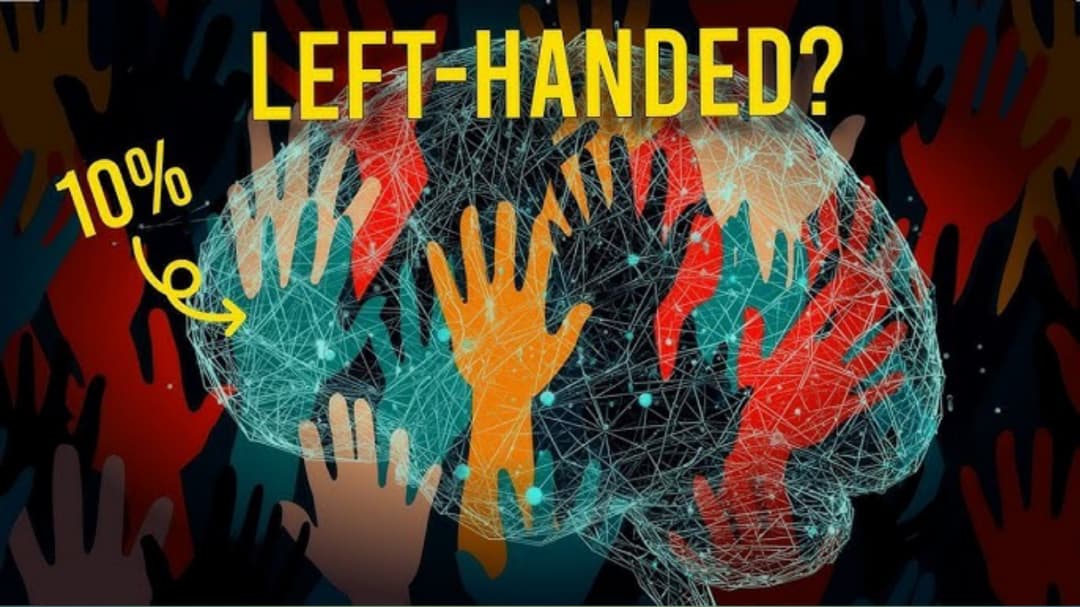No Job? No Problem - Africa’s Workforce Thrives on Innovation

The modern economy told them: get a job, climb a ladder, find stability. But across Africa, the ladder never arrived. So this new generation did something radical, they ignored the job listings, built their own markets. In the process, they revealed a powerful truth: in Africa today, employment isn’t a location or a title, it’s innovation in motion.
In Lagos’ Yaba district, the former “Silicon Lagoon,” young programmers code late into the night. In Addis Ababa’s coworking spaces, designers and freelancers collaborate with photogs in Accra. The physical “office” still exists, but it no longer defines the workforce. The real engine is not space but the people and networks behind it.
The statistics tell a story. The African Development Bank estimates that by 2035 about 1 billion Africans will be of working age and roughly half may be under‑employed under current systems. Meanwhile, a recent report by Quartz Africa shows early‑stage startup investment in Africa exceeded $2.5 billion in 2024, with many funded teams bypassing formal jobs entirely. The message is clear: when jobs fail, innovation fills in.
Across the continent, four overlapping trends shape this transformation: the rise of the gig economy, the growth of tech startups, the expansion of creative entrepreneurship, and the normalization of remote work. These aren’t separate paths, they are facets of the same movement: African youth refusing to wait for permission to thrive.
Take Flutterwave, founded by Nigerian‑American entrepreneur Olugbenga “GB” Agboola. Starting out as a small fintech solution, the company now handles payments across dozens of African countries. Agboola’s message is simple: in a region where banking infrastructure is weak, the opportunity is huge. He said: “We didn’t wait for permission to serve the underserved.” The founder’s mindset? Build the job‑market your country doesn’t have.
Then there’s Max.ng, a mobility and delivery startup in Nigeria. Its engine is not only tech, it’s human: drivers, mechanics, and rural agents all become part of a platform that turns transport, logistics and income into one ecosystem. The startup model operates like a job‑creator, not just a job‑opener.
Not every path starts with a VC pitch or a founder title. Freelancing in Africa is booming. Platforms like Upwork, Fiverr, and local tech networks show thousands of Africans earning foreign currency from remote writing, design, marketing, and development gigs. In a survey by Paystack, Nigerian freelancers reported doubling income when they accessed global markets.
What’s the difference? This shift demands not just skill but global confidence. You’re no longer waiting for local approval, you are working for a client in Germany, a startup in Canada, or a brand in Australia. That leap from local to global is what makes innovation the new employment.
Creative Entrepreneurship

Work isn’t always about tech or coding. In Cape Town, South Africa, Lukhanyo Mdingi turned his fine‑cut leather accessories business into a global export, proving that craftsmanship and creativity can flourish outside traditional job roles. Meanwhile, in Ghana, Sheila Owusu‑Akoto transformed discarded plastics into designer furniture and lamps, turning environmental waste into income. Her workshop became her office, her brand a community.
For many African youths, that blend of art, social purpose, and commerce is no coincidence, it’s survival logic. Why work for someone else when you can build your own brand, serve your own community, and scale beyond borders? That’s the essence of creative entrepreneurship.
Innovation on the continent is not gender‑exclusive. In fact, some of the most impactful examples are women redefining the workforce. Consider Iyinoluwa Aboyeji, co‑founder of Andela and later Flutterwave, now building social‑tech ventures focused on inclusion. Or Funke Opeke, founder of MainOne, who brought internet infrastructure to West Africa and is now mentoring dozens of African tech hubs.
Their message? Leadership isn’t about being the boss. It’s about creating pathways. They traded job titles for ecosystems, places where other young Africans can thrive.
The pandemic introduced many to remote work but Africa has taken it further. Distributed teams now operate across the continent, with digital nomads choosing Accra co‑working hubs over corporate cubicles in London. Andela now hires across more than 30 African countries, proving the location doesn’t limit contribution, but connection does.
For a Ghanaian UI designer working with a US startup, or a Kenyan social‑media manager collaborating with a Norwegian brand, the “office” is now a connection, not a room. And in many cases, they’re earning more than traditional roles would offer them without uprooting their lives.
Innovation Beyond Urban Tech Hubs
In rural Senegal, clean‑energy startups built by young engineers are turning solar panels into village power grids. In Zambia, agriculture tech platforms are enabling small‑holder farmers to bypass middlemen and sell directly. These are jobs that didn’t exist five years ago.
Take Solarise Africa, for example, it enables local teams to install, service and manage solar systems in off‑grid regions. The workforce? Young Africans with purpose, training and flexibility not fixed roles in fixed buildings. The job‑market shift is real, and it’s broadening the definition of employment itself.
This isn’t a fairy‑tale. Infrastructure still lags. Funding still favours a few markets. Digital literacy and stable internet remain hurdles especially in less connected regions. Many entrepreneurs still juggle side gigs, unstable revenue, and burnout.
Yet what separates the thriving from the surviving isn’t luck, it’s adaptability. Those who embrace multiple income streams, pivot quickly and prioritise community over status are the ones changing the narrative.

In this evolving ecosystem, leadership isn’t measured in titles, it’s measured in trust. Founders of Africa’s new enterprises talk less about “managing desks” and more about “building communities.” They don’t wait for job openings, they create them.
Platforms like VC4A show that African startups are now founded by people who recognise that capital isn’t just money, it’s access. The new workforce understands this: if no job fits your life, build one that does.
At its heart, this shift isn’t just economic, it’s emotional. For millions who grew up hearing “get a job, graduate first, wait your turn,” this generation says: “We’ve waited. We’re starting.” The fear of unemployment is replaced by the hope of creation.
For a young Nigerian designer earning via global clients, for a Ghanaian app developer servicing clients in Europe, for a Kenyan clean‑energy engineer lighting villages, they’re not simply “working.” They’re owning the narrative. They remind us what work used to be and what it’s becoming.
The future of work in Africa is not a factory, a bank, or a desk in a glass tower. It’s a network of humans, ideas and purpose. It’s where young Africans don’t ask for jobs, they build solutions. They don’t wait for approvals, they launch. They don’t merely survive, they innovate.
So if you’re looking for a job and waiting for approval, maybe the question isn’t where but who. Because across the continent, the people are already creating something new. They’ve shown us that when the job you’re waiting for doesn’t exist, you build the one you want. And in Africa, that workforce is already thriving.
You may also like...
Bundesliga's New Nigerian Star Shines: Ogundu's Explosive Augsburg Debut!

Nigerian players experienced a weekend of mixed results in the German Bundesliga's 23rd match day. Uchenna Ogundu enjoye...
Capello Unleashes Juventus' Secret Weapon Against Osimhen in UCL Showdown!

Juventus faces an uphill battle against Galatasaray in the UEFA Champions League Round of 16 second leg, needing to over...
Berlinale Shocker: 'Yellow Letters' Takes Golden Bear, 'AnyMart' Director Debuts!

The Berlin Film Festival honored
Shocking Trend: Sudan's 'Lion Cubs' – Child Soldiers Going Viral on TikTok

A joint investigation reveals that child soldiers, dubbed 'lion cubs,' have become viral sensations on TikTok and other ...
Gregory Maqoma's 'Genesis': A Powerful Artistic Call for Healing in South Africa

Gregory Maqoma's new dance-opera, "Genesis: The Beginning and End of Time," has premiered in Cape Town, offering a capti...
Massive Rivian 2026.03 Update Boosts R1 Performance and Utility!

Rivian's latest software update, 2026.03, brings substantial enhancements to its R1S SUV and R1T pickup, broadening perf...
Bitcoin's Dire 29% Drop: VanEck Signals Seller Exhaustion Amid Market Carnage!

Bitcoin has suffered a sharp 29% price drop, but a VanEck report suggests seller exhaustion and a potential market botto...
Crypto Titans Shake-Up: Ripple & Deutsche Bank Partner, XRP Dips, CZ's UAE Bitcoin Mining Role Revealed!

Deutsche Bank is set to adopt Ripple's technology for faster, cheaper cross-border payments, marking a significant insti...






